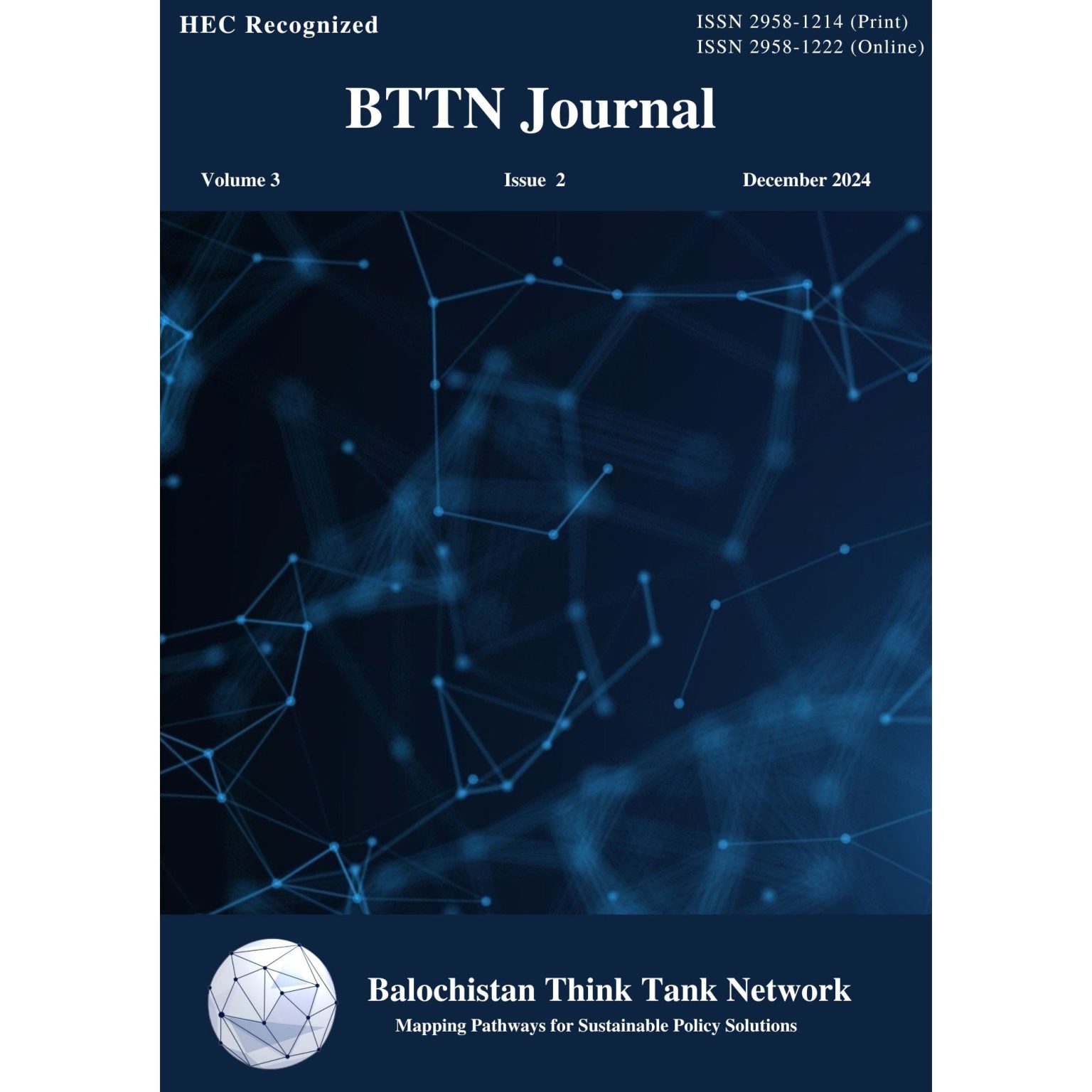Abstract
The French presence in the Indian subcontinent began in the 17th century with the establishment of trading posts, which later evolved into settlements. This colonial legacy forms the basis of the modern Indo-French relationship, with military technology and economic cooperation as its main pillars. The Indo-French partnership is driven by mutual cost-benefit analyses. Where India aims to enhance its security and strategic autonomy, while France secures economic and geopolitical gains. Currently, India is modernizing its military systems with French defence equipment, including the Project-75 (P-75) Scorpene-class submarines, Dassault Rafale M fighter aircraft, and many others. The Scorpene-class submarines will bolster India’s underwater warfare capabilities and assist in deterrence patrolling. Meanwhile, the Rafale M fighter aircraft will improve India’s aerial combat readiness, providing advanced strike and air superiority capabilities. These military advancements provide India with a strategic upper hand, particularly in maintaining a strong maritime presence in the perceived Indo-Pacific region. Consequently, these developments increase the conventional asymmetry between India and Pakistan, entailing further military and economic implications for Pakistan. France’s equipment would be substantial in meeting New Delhi’s offensive warfighting aspirations against Pakistan. In addition, the Indo-French economic partnership is flourishing too, creating an exclusive economic bloc in the region. While the growing Indo-French partnership poses challenges for Pakistan, it also presents opportunities. Pakistan should employ rational strategies to address this evolving asymmetry by diversifying alliances and exploring collaborative opportunities with France.
This article was published in the BTTN Journal. Full article can be read here: https://bttn.org.pk/ojs/index.php/BTTN_Journal/article/view/145

